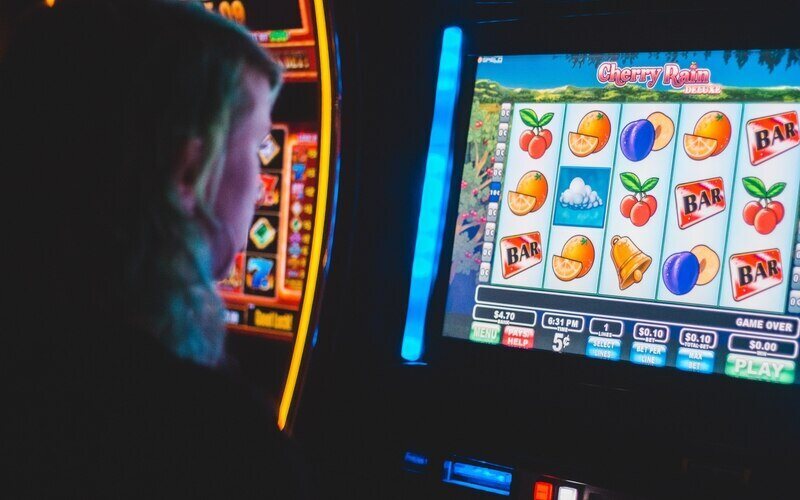Globally, countries are shutting down their borders in an attempt to stem the flow of the virus, while investors run for the hills, causing massive drops in stock markets.
At the time of writing, the Aussie dollar sits below 0.60US cents, its lowest level in 17 years.
Want to earn a fixed interest rate on your cash? The table below features term deposits with some of the highest interest rates on the market for a six-month term.
Westpac chief economist Bill Evans previously predicted that Australia would fall into a brief and technical recession, and that the government's almost $18 billion stimulus package would offset the contraction of losses in growth.
But Mr Evans said recent developments in the past week have led him to revise his prediction.
"In that regard our revised estimates of GDP growth in the March and June quarters, after adjusting for the Stimulus Package, are minus 0.7% and minus 0.3% respectively - a total contraction of 1% of GDP," Mr Evans said.
"Recall that our estimate early last week was a total contraction of 0.6%, before adjusting for the Stimulus Package."
He also pointed to the reports of limited liquidity in government and corporate debt markets, something the Reserve Bank (RBA) has sought to offset by pumping more than $15 billion into the financial system.
Previously, Westpac predicted unemployment would rise to up to 6% (from 5.2%) but Mr Evans has revised this prediction as well.
"The unemployment rate is now forecast to reach 7% by October 2020, due to the larger negative shocks to the labour intensive sectors such as recreation; tourism; education; renovations and additions; and dwelling construction."
He said the worst affected sectors would be consumer spending and tourism.
"We have increased our estimate of the shock to the most exposed component of consumer spending (hotels; restaurants and cafes; recreational services; and air travel) to minus 40% over the two quarters from minus 25%."
"We expect outbound and inbound tourism to contract by 80% over the two quarters."
It's important to note that Mr Evans' predictions were made prior to announcements by Prime Minister Scott Morrison this morning, who enacted unprecedented bans on gatherings of 100 people or more and overseas travel.
Mr Evans said a Europe type lockdown of this fashion would be cause for further revisions of these predictions.
Economists at Digital Finance Analytics (DFA) also discussed the fallout of COVID-19, and found the most likely outcome to be unemployment rising to 8.75%-10% and mortgage stress (defined by DFA as when household cashflows are negative ) to hit up to 45%.
What would a recession actually look like in Australia?
There's so much talk about recession and how bad it would be for the economy, but it can be hard to put a tangible spin on that for everyday Australians.
In short, a recession is when a country's growth is negative for two domestic quarters. So, what would that look like for the average Joe?
The most obvious and immediate impact is massive job losses: Working off a worst-case scenario where unemployment hits 10%, that's over 2.5 million Aussies out of work, almost double the current unemployment rate.
Most of these job losses would be seen in:
- Aviation - Qantas and Jetstar have reduced their international and domestic flight capacity by 90% and 60% respectively, which could stretch for months. Virgin has completely cancelled international flights until June. On Tuesday, the Centre for Aviation said most world airlines would be bankrupt by the end of May.
- Tourism - After the summer of bushfires the tourism industry in Australia had been all but decimated, and with massive global travel restrictions in place, jobs in this sector will be few and far between in the coming months.
- Hospitality - With the recent ban of gatherings of 100 or more, bars, restaurants and clubs may be forced to shut for the foreseeable future. Major festivals such as Splendour in the Grass have been postponed while many others have been cancelled. Much of this industry works on a casual or contractor basis, and as a result are likely to quickly be out of work.
With job losses aplenty and businesses downsizing, people may struggle to get a job and without this income they may struggle to meet their mortgage repayments.
The flow on effect from this is the bank seizing and selling their homes, which if it happens often enough, can cause home values to fall.
This can lead to people spending even less money and pushing unemployment even higher.
With this lack of money in the economy, wage growth then decreases, which means you're unlikely to get a pay rise and of course have even less money to spend as goods rise with inflation.
This is a very short and brief 'what if' snapshot: It seems likely Australia will fall into recession, but what happens following that or if it happens at all is unknown.
The government has said it is organising a second round of stimulus which could save many jobs and keep the economy afloat.
At the time of the Global Financial Crisis, the Rudd Government managed to prevent a recession by pumping a total of $100 billion into the economy.
The size of, or how Scott Morrison will direct the second round of stimulus, is not yet known.
In addition, the RBA is likely to enact quantitative easing and could possibly make an emergency cash rate cut tomorrow to ease pressure on the economy.


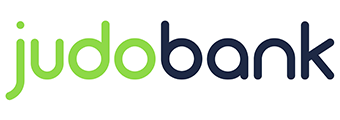
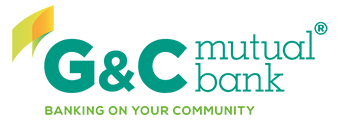
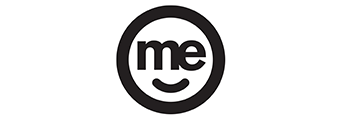




 Harrison Astbury
Harrison Astbury
 Harry O'Sullivan
Harry O'Sullivan

 Rachel Horan
Rachel Horan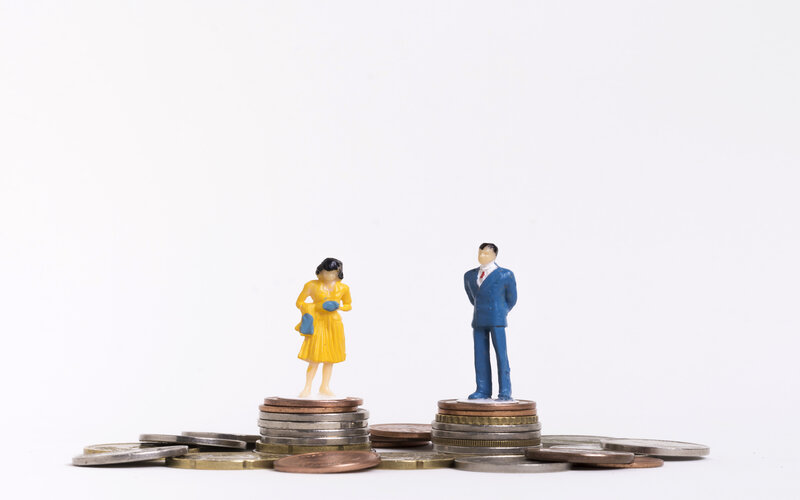
 Hanan Dervisevic
Hanan Dervisevic